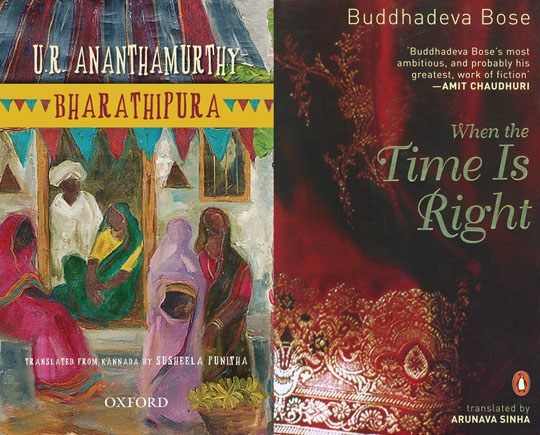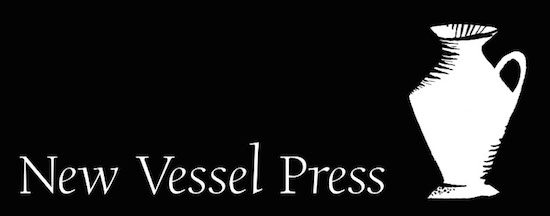Read all posts in Mahmud Rahman’s investigation here.
In the early 20th century and into the first decades of independent India, there were a small number of translations into English. Across language boundaries, Indians read writers like Tagore, Sarat Chandra, and Premchand. Though the translations were often clunky, these books played a role in building a sense of India as a nation.
Initially there were a handful of publishers who published translations from a few Indian languages into English. Quality translations came from one or two individuals, such as the writer A.K. Ramanujan. Rita Kothari in her book Translating India includes this telling quote: “Prabhakar Machwe, secretary of the Sahitya Akademi in the seventies complained that, ‘even after 25 years, we have not been able to develop a team of ten good, competent translators of Indian languages into English.’”
Things began to turn by the late 1980s.


